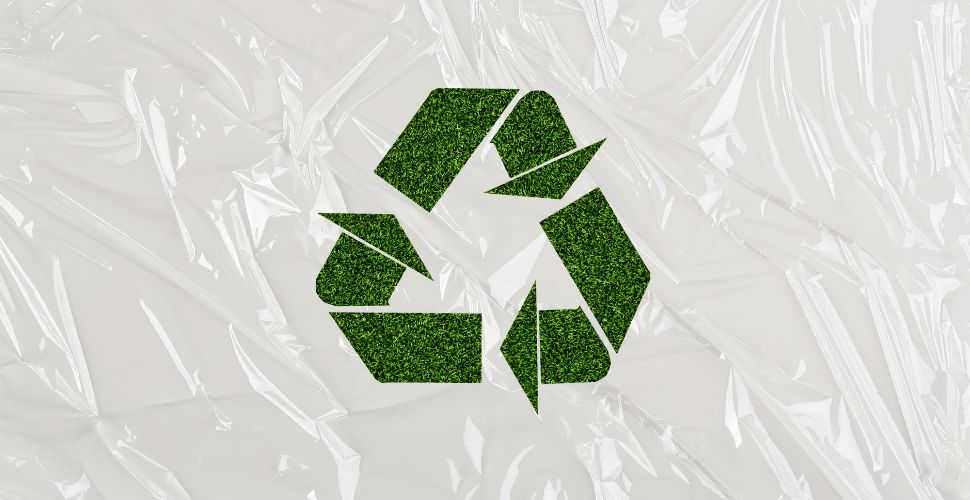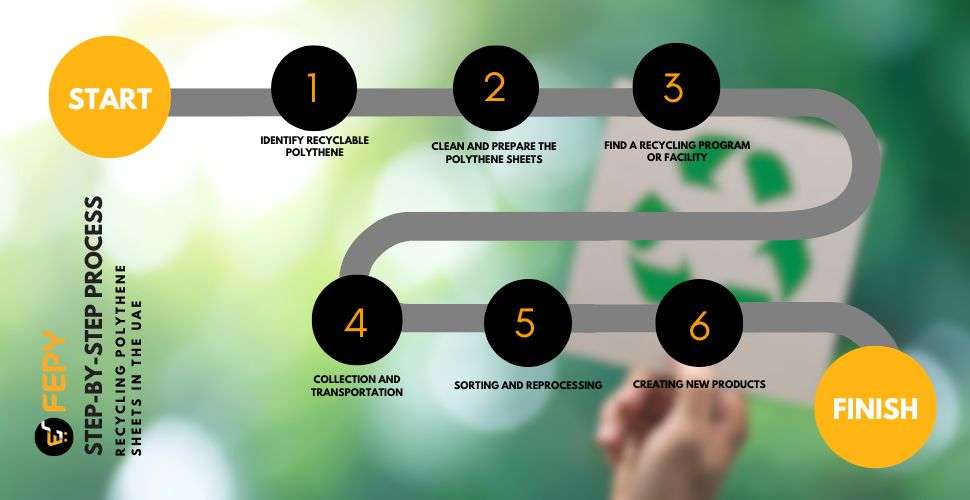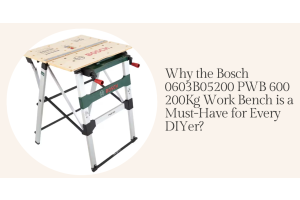How to Recycle Polythene Sheets in the UAE: A Step-by-Step Guide

The UAE is taking bold steps towards a sustainable future, and plastic recycling plays a vital role. Polythene sheets, widely used in construction and packaging, are no exception. Recycling polythene reduces landfill waste, conserves precious resources, and protects our environment. This step-by-step guide will help you contribute to the UAE recycling movement.
Step-by-Step Process of Recycling Polythene Sheets in the UAE
There is a 6-step process to responsibly dispose of your used polythene and lower your environmental footprint. These six steps are:
Step 1: Identify Recyclable Polythene
Step 2: Clean and Prepare the Polythene Sheets
Step 3: Find a Recycling Program or Facility
Step 4: Collection and Transportation
Step 5: Sorting and Reprocessing
Step 6: Creating New Products
Let's elaborate on these six steps one by one.

Step 1: Identify Recyclable Polythene
Not all polythene is equal when it comes to recycling. The first step is to determine if the polythene sheets you have been accepted by recycling facilities in the UAE.
There are three common types of plastics.
High-Density Polythene (HDPE): Milk jugs, detergent bottles, pipes, thicker bags, and heavy safety gloves often use this type of plastic. Recycling facilities in the UAE commonly accept HDPE.
Low-Density Polythene (LDPE): Manufacturers use this plastic in plastic films, shrink wrap, grocery bags, and squeezable bottles. It's also generally recyclable in the UAE.
Linear Low-Density Polythene (LLDPE): It is a blend of HDPE and LDPE, offering a balance of strength and flexibility. LLDPE is generally recyclable, though the ease of recycling depends on local collection systems and sorting capabilities.
Step 2: Clean and Prepare the Polythene Sheets
Preparing polythene sheets is essential for successful recycling. First of all, remove Contaminants.
Adhesives like tape and labels might contain materials that don't belong in the recycling stream. Peel these off carefully.
Scrap any dirt, food residue, or other debris stuck on the sheets.
If the polythene is heavily soiled, a quick rinse will help. It isn't about making it pristine, just removing the worst grime. A splash of water and a wipe-down should do the trick.
It's essential because leftover contaminants can disrupt the recycling process, potentially ruining an entire batch of recycled material.
Step 3: Find a Recycling Program or Facility
The UAE offers a growing number of options for recycling your polythene sheets. Here's where to look:
Municipal Recycling: Your local municipality is a great starting point. Check the website or contact us directly for information on recycling programs. Find out if they accept polythene sheets, and if so, how to prepare them for collection.
Private Companies: Some specialised companies offer tailored recycling solutions for businesses. They can handle larger volumes of polythene and may provide pick-up services, making it convenient for your construction company.
Drop-off Locations: Look for designated polythene collection bins at supermarkets, community centres, or recycling facilities. This option is ideal if you have smaller amounts of polythene waste.
When choosing a recycling program, please ask about the types of polythene they accept. It ensures your efforts lead to successful recycling.
Step 4: Collection and Transportation
Getting your recyclable polythene sheets to the right place is essential. The UAE offers a few excellent options, so choose one that fits your construction business's needs:
Curbside Pick-up: This is most useful if your municipality offers plastic recycling. Ensure you understand sorting guidelines (do polythene sheets go in with other plastics, or is a separate collection needed?). Follow instructions for bagging or bundling and place the materials in your bin on the designated collection day.
Private Companies: Companies focused on business waste solutions often provide tailored pick-up services for larger quantities or specialised needs. These companies might offer scheduled collections, bins designed for polythene, or even on-site sorting assistance – ideal if your construction projects generate a mix of recyclable materials.
Drop-off: If you prefer to transport the polythene yourself, find designated drop-off locations. Some supermarkets, waste management facilities, or community centres may have collection bins specifically for polythene film or bags. Bagging or bundling your sheets before drop-off makes things easier for everyone.
Step 5: Sorting and Reprocessing
Once the collection process is complete, your polythene sheets arrive at the recycling facility for their fascinating transformation journey. Here, it goes through 4 stages.
Sorting: Different types of polythene need distinct recycling methods. Sophisticated machines use optical sensors and density tests to distinguish between HDPE, LDPE, and other materials. Manual sorting also plays a role in ensuring only the correct polythene moves forward in the process.
Shredding: Giant shredding machines make short work of polythene sheets, breaking them into small, manageable pieces. This increased surface area helps with the cleaning and melting stages.
Cleaning: To ensure the best possible final products, the shredded polythene undergoes a thorough wash. Dirt, leftover adhesive, and anything else that shouldn't be there gets removed.
Melting and Extrusion: Heat turns the washed polythene into a pliable material extruded through a machine, forming tiny, uniform pellets. These pellets are the building blocks for various recycled polythene products.
Step 6: Creating New Products
One of the best things about polythene recycling is its transformation into various valuable products. Construction sites and businesses in the UAE can directly benefit from this process:
Construction Materials: Recycled polyethylene transforms into durable plastic lumber, an eco-friendly alternative to wood. It's ideal for decking, fencing, and outdoor structures.
Recycled polythene is also moulded into pipes, offering corrosion resistance and strength for various plumbing and infrastructure projects. You can get these materials from FEPY, the UAE's leading building materials and home improvement suppplies e-commerce platform.
Packaging Materials: Polythene's flexibility makes it perfect for new packaging. It can be re-made into bags, shrink wrap, and protective films, reducing the need for virgin plastic production.
Businesses can even opt for packaging made from recycled content. You can easily order packaging materials from FEPY.
Trash bags: Ironically, the discarded plastic can become the bags we use for waste collection. Recycled polythene makes sturdy trash bags suitable for both residential and commercial use.
Furniture and More: The possibilities are growing. You'll find outdoor furniture, storage containers, and even playground equipment made from recycled polythene. As technology advances, the range of products expands even further.
FAQ
Q. Is polyethylene sheet recyclable?
Certain types like HDPE and LDPE are commonly recyclable in the UAE.
Q. Why should polythene be recycled?
Polythene recycling reduces waste, conserves resources, protects wildlife, and supports the circular economy.
Q. What can be made from recycled polyethylene?
Recycled polyethylene is used in construction materials, packaging, furniture, etc.
Q. Which plastic cannot be recycled?
Thermoset plastics and some multi-layered plastics are difficult to recycle.
Q. What if we don't recycle?
Landfills overflow, pollution increases, and valuable resources are lost.
Conclusion
Recycling polythene sheets in the UAE might seem small, but its impact is far-reaching. Being responsible and proactive can help reduce the environmental footprint and contribute to the vision for a sustainable future.
At FEPY, we're committed to supporting the UAE's sustainability goals. We offer top-quality construction materials and tools. We also provide recyclable polythene sheeting to help you minimise your project's environmental impact.
Visit our website to explore our product range and discover how we can help you build responsibly. By choosing FEPY, you're not just choosing quality – you're choosing a partner that shares your commitment to a greener future.




